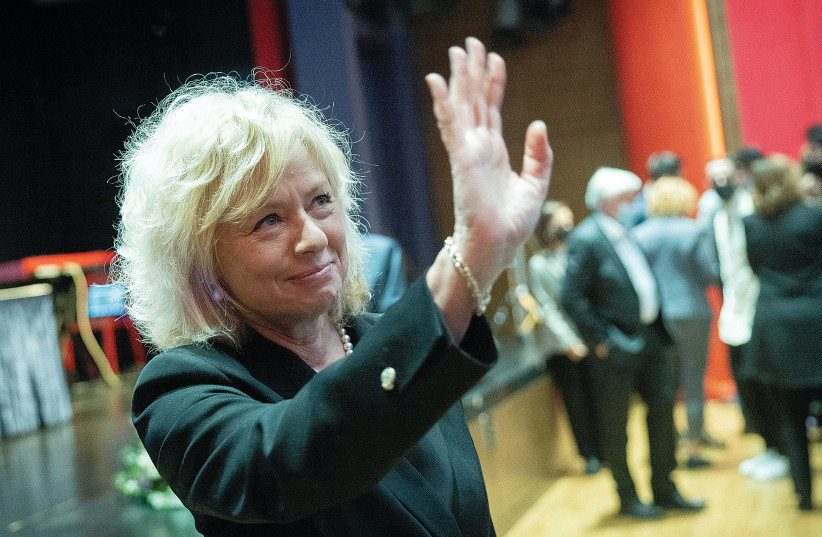The High Court of Justice struck down the appointment of former justice Menachem Mazuz to head the Senior Appointments Advisory Committee.
At the same time, the three justices on Thursday seemed to leave open the option for the government to appoint Mazuz on a temporary basis to at least vet the next IDF chief, though the government had previously rejected this compromise.
Government sources indicated that they might move in this direction, but needed to consult with relevant officials, including Attorney-General Gali Baharav-Miara.
Baharav-Miara’s office declined to comment.
At a hearing on Wednesday, Justices Noam Sohlberg Yael Wilner and Ruth Ronen impressed on the state’s lawyer Anar Helman that because of the current election season, they saw no reason to allow Mazuz to do anything beyond approving the appointment of Hertzi Halevi as the next IDF chief.

The position of the government and Baharav-Miara has been that Mazuz must be appointed as permanent head of the committee, and not limited only to vetting Halevi.
Helman said that a temporary appointment might give the public an appearance of political interference with the committee’s independence and impartiality.
Appointment during election season
He argued that there was no point in objecting to the appointment of Mazuz during an election season because unlike other government positions that might be open to a wider range of people, the jobs that the committee supervises are limited to a very short list of top officials.
For example, Helman noted that there were really only two serious candidates in the running (only those at the rank of major-general and who have served in certain command positions are considered eligible). Now that the government has already selected its choice, he said, there would seem to be no reason for anyone to care that an election is upcoming.
However, all three justices repeatedly battered Helman with questions undermining his argument.
“What is special in this case that justifies a departure from the general rule” that appointments should not be made during election season, Wilner asked multiple times.
Wilner also shot down the idea that a temporary appointment would give the public the appearance of political interference, saying that the public would be much more worried by the idea of a permanent appointment during an election season.
In a prior solo proceeding, Sohlberg had already pressed the government to accept a temporary appointment for Mazuz as a compromise that would both allow Halevi’s appointment as IDF chief to go through, while limiting Mazuz’s appointment to that single issue.
The basis of that compromise was that there seems to be sufficient support for appointing Halevi as the next IDF chief of staff despite it being election season, so as to avoid the danger of not having one in place when current Chief of Staff Lt.-Gen. Aviv Kohavi steps down in January.
Though Election Day is November 1, it is far from certain that a new permanent government will be in place by January, let alone ready to complete from scratch a new process to appoint a new IDF chief.
Opposition to the appointment
On the flip side, some groups on the political Right, including the NGO Lavi that brought the petition, oppose Mazuz’s appointment entirely, declaring him to be too aligned with the Left.
Mazuz’s record as a former attorney-general showed him to be tough on a number of security issues. His term saw the prosecution against former Center-Left prime minister Ehud Olmert, and was not viewed as particularly left-wing.
But the Right was angry with Mazuz, who as a justice opposed house demolitions of terrorists in some cases, and for various other rulings.
What seemed to make it more likely that the High Court would force the government into only a temporary appointment for Mazuz was that even Ronen, viewed as part of the High Court’s progressive wing, seemed opposed to a permanent appointment.
